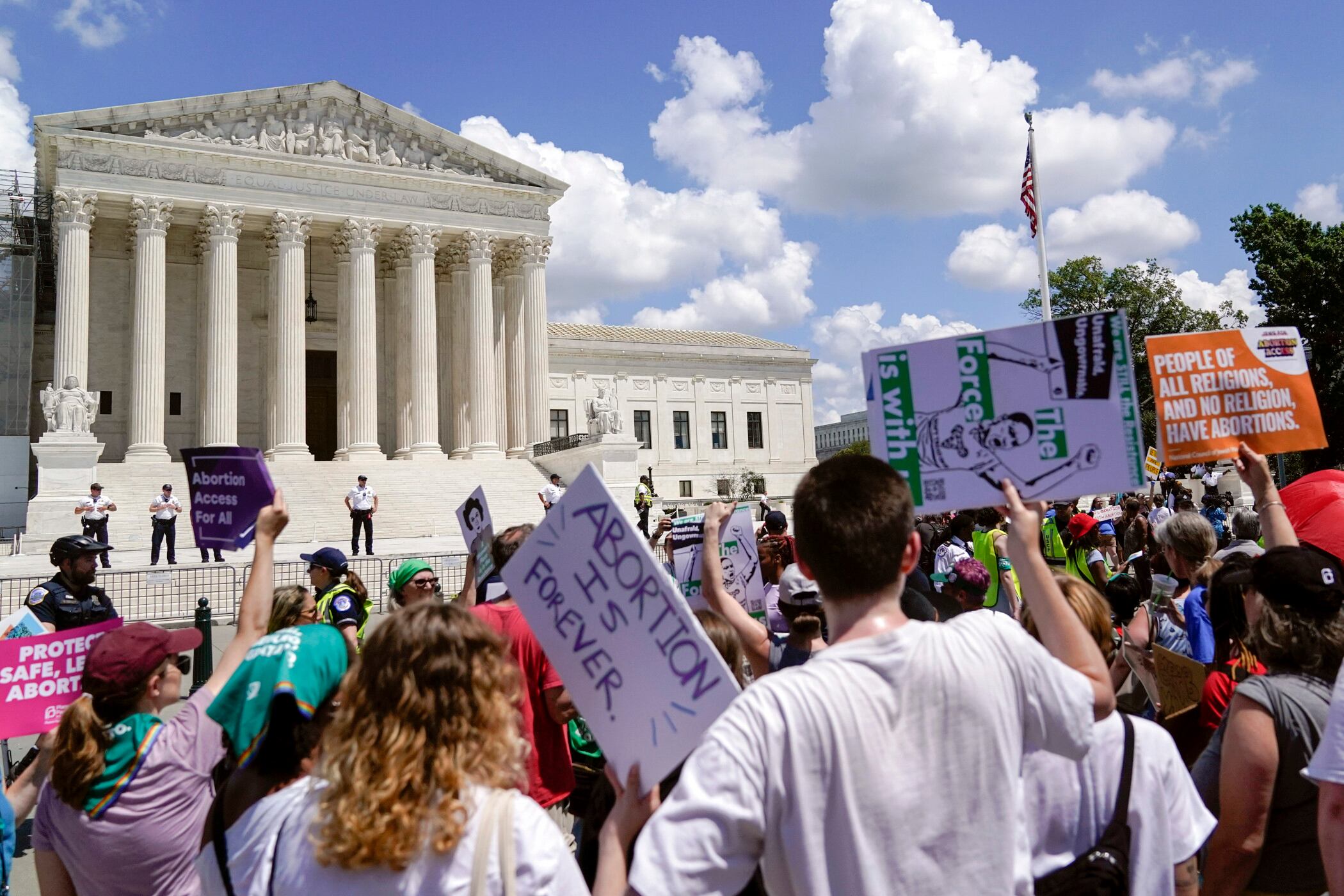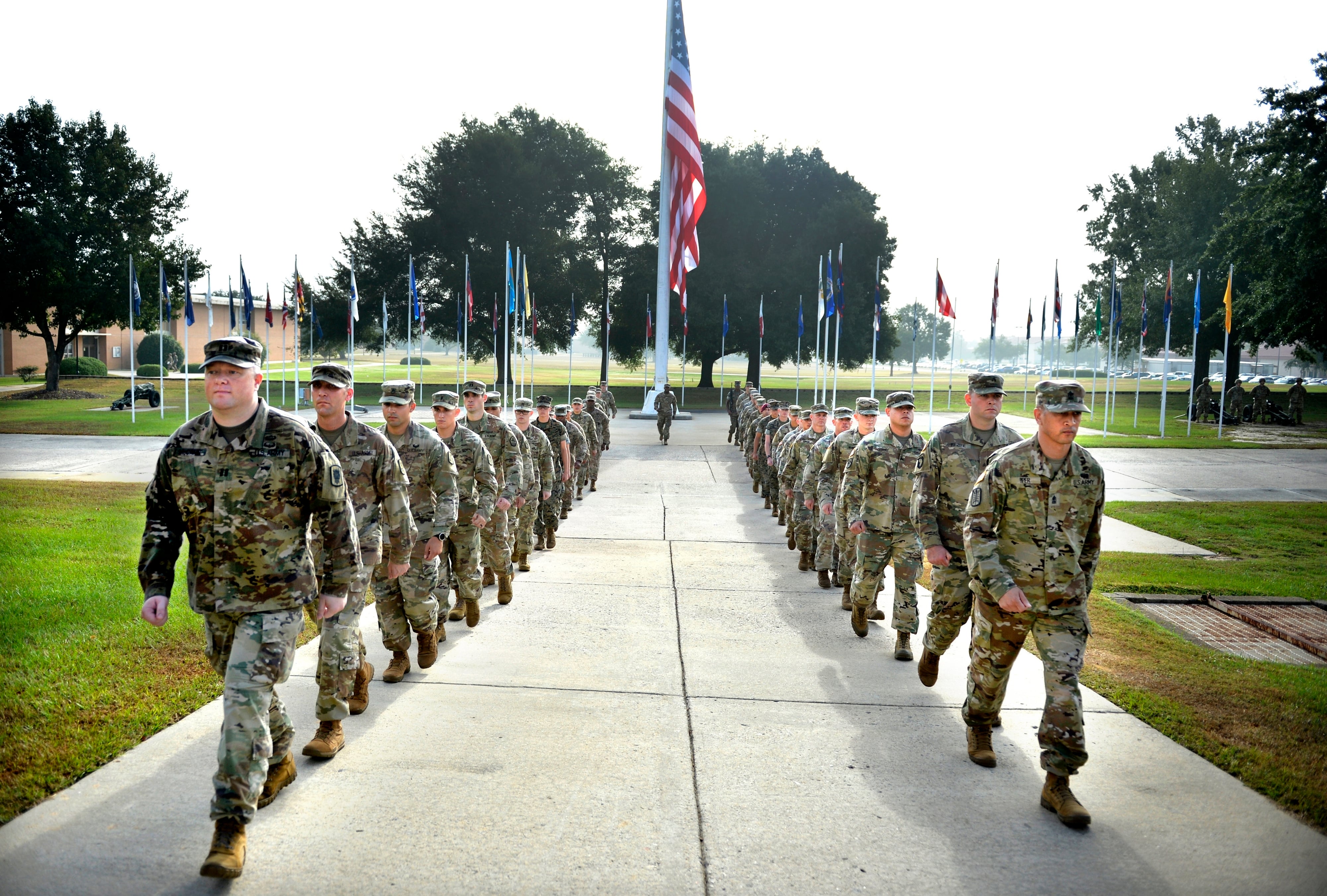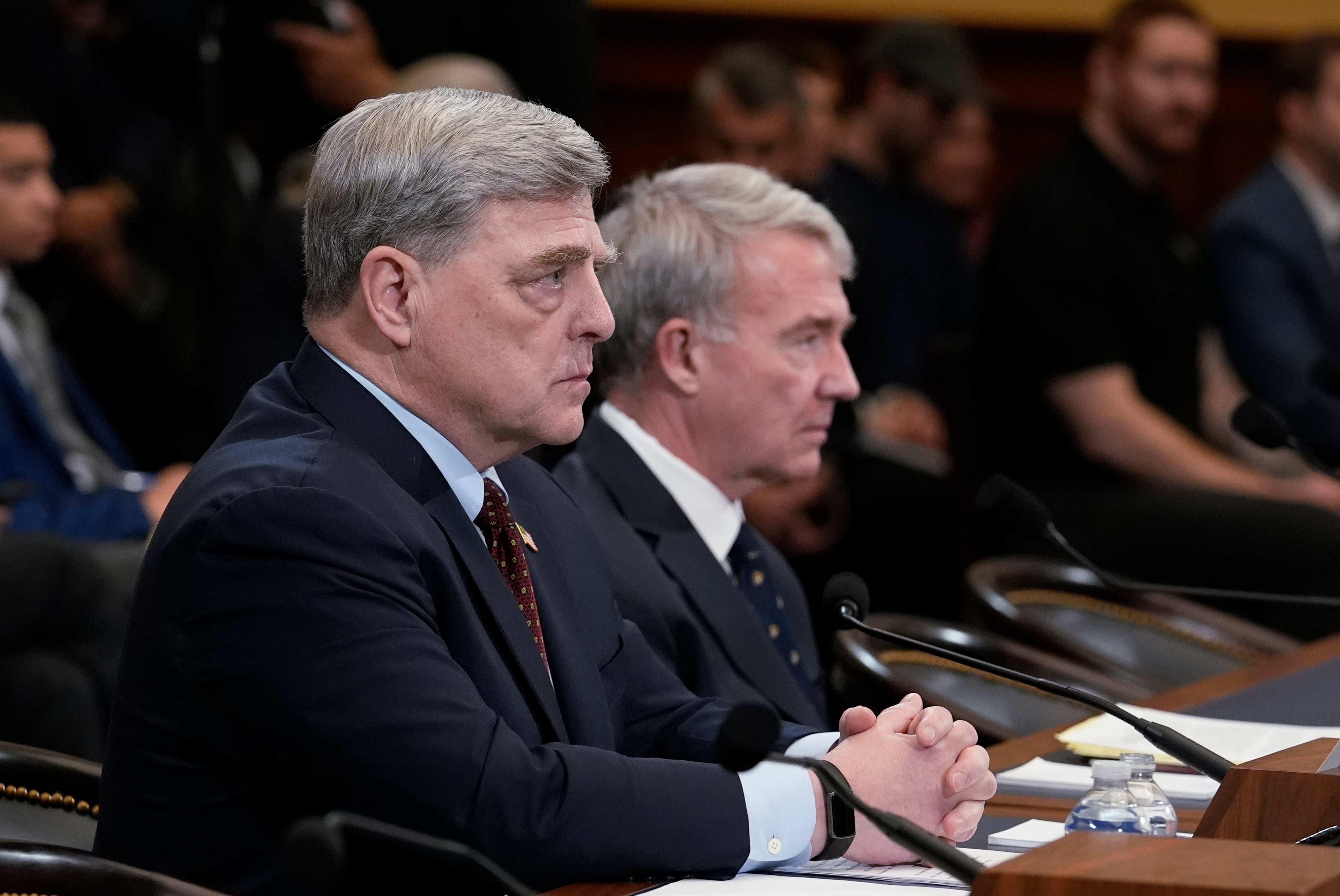Lawmakers want to know why thousands of housing vouchers for destitute veterans are going unused each year despite almost 38,000 potential recipients still living on the street.
The answer, Veterans Affairs officials testified on Tuesday, is a combination of hiring problems within the federal agency and rising rent costs in areas of the country with some of the largest homeless veterans populations.
Outside advocates warned that without solutions to those problems, the national goal of ending homelessness among veterans will remain stalled.
RELATED
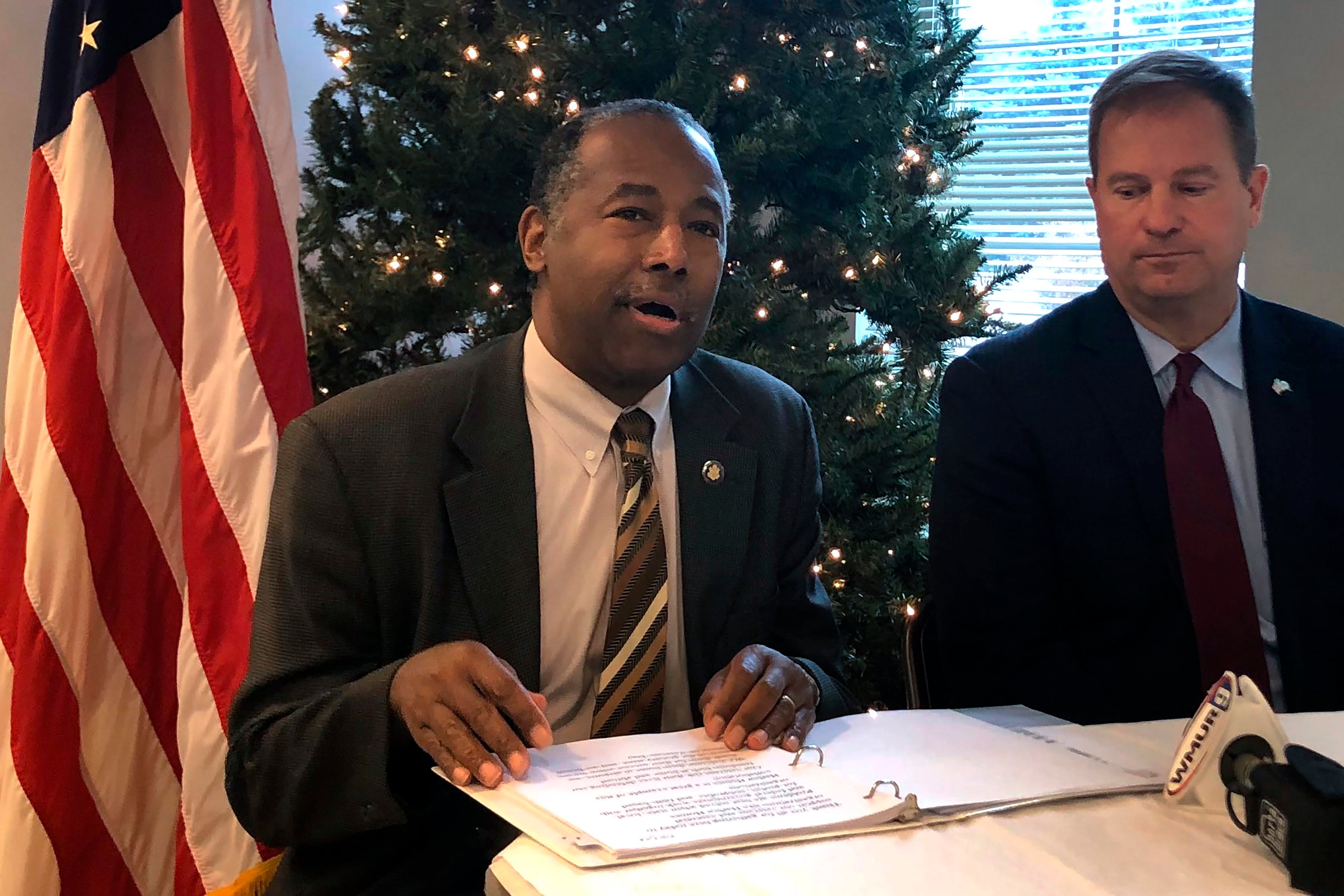
“Every veteran deserves safe and permanent housing,” said Kathryn Monet, CEO of the National Coalition for Homeless Veterans. “We’ve got to pair investments in affordable housing with housing-first initiatives in order to see true success.”
At issue are the Housing and Urban Development/Veterans Affairs Supportive Housing program, launched in 2008. Over the last 11 years, in coordination with community groups, the program has provided direct housing payments to veterans in an effort to provide a stable living situation, allowing them to more effectively deal with other health and employment issues.
Outside advocates have lauded the vouchers as a key tool in driving down homeless numbers among veterans. The total number of veterans without stable housing nationwide has dropped by half over the last decade, with most of the decrease coming between 2010 and 2016.
As of last fall, more than 90,000 HUD-VASH vouchers were in use.
But Keith Harris, national director of clinical operations in the VA Homeless Program Office, acknowledged at a House Veterans’ Affairs Committee hearing Tuesday that about 14,000 vouchers went unused last year, even though an estimated 38,000 veterans are still considered homeless.
Part of that problem is a result of paperwork issues. The department has about 650 case management positions currently vacant (about 16 percent of the federal workforce handling the vouchers). He said if the positions were filled, “HUD-VASH could house over 6,000 additional veterans.”
But Harris said the slow pace of federal hiring rules coupled with the slow pace of federal contracting rules have made filling the positions and processing more vouchers difficult.
In addition, Housing and Urban Development officials acknowledged that in some regions across the country, federal calculations for the voucher amounts have not kept pace with local housing costs.
That issue, lawmakers said, needs a faster fix from VA and HUD bureaucrats.
RELATED
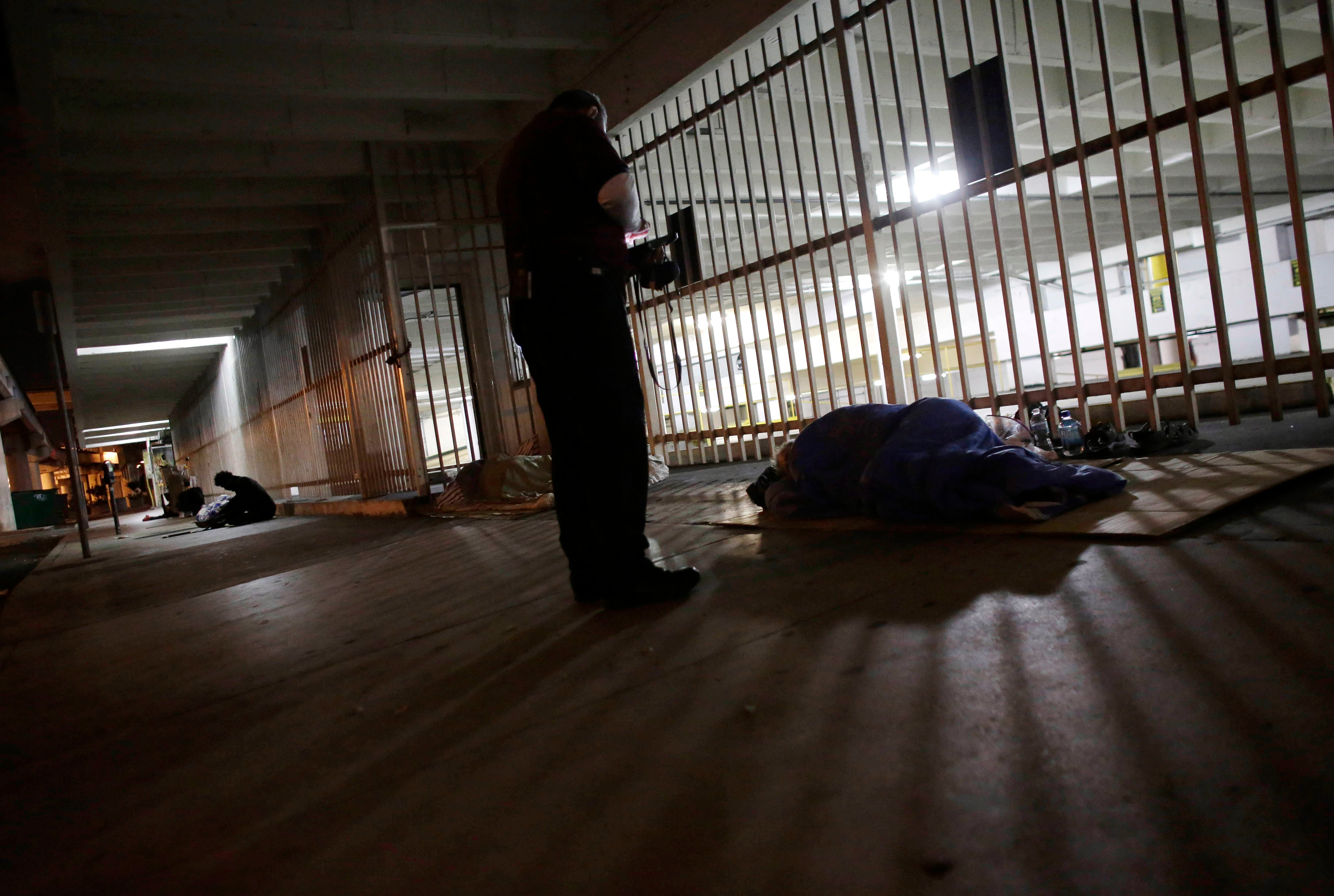
“All over the country, in places like California and Florida, these vouchers aren’t enough,” said Rep. Gus Bilirakis, R-Fla. “Part of the reason these vouchers aren’t being used is they aren’t helpful.”
Federal officials promised they are working on both issues, although affordable housing issues will take wider efforts from local communities and real estate firms.
VA and HUD leaders also looking at expanding eligibility criteria for voucher recipients, to give more veterans access to the financial support.
The hearing was held one day after House lawmakers overwhelmingly approved a measure to extend the homelessness vouchers to veterans with other-than-honorable discharges, who are excluded from a host of current VA health and transition benefits.
Harris said the department supports the idea, and estimates as many as 6,000 of the nearly 38,000 homeless veterans spread across the country today could have an other-than-honorable discharge.
The annual point-in-time count for federal homelessness estimates is scheduled for next week, although results from that work won’t be made public until this fall. While veterans homelessness dropped by half over the last decade, the rate among the entire U.S. homeless population decreased by only about 11 percent.
Both lawmakers and VA officials cited that statistic as evidence that their veteran-focused programs are effective. The next step, they said, is making sure they are more efficient and more fully used.
“We have a responsibility to abolish chronic homelessness for veterans, and strengthening the HUD-VASH program is an important first step,” said Rep. Mike Levin, D-Calif.
Leo covers Congress, Veterans Affairs and the White House for Military Times. He has covered Washington, D.C. since 2004, focusing on military personnel and veterans policies. His work has earned numerous honors, including a 2009 Polk award, a 2010 National Headliner Award, the IAVA Leadership in Journalism award and the VFW News Media award.


